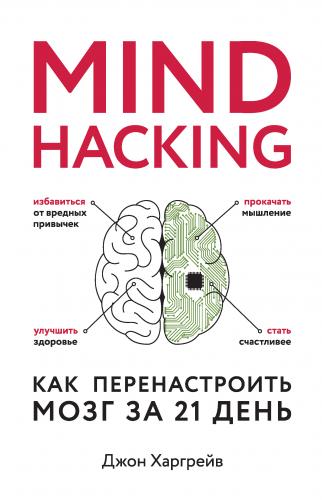34
Edward M. Hallowell, Crazy Busy: Overstretched, Overbooked, and About to Snap! Strategies for Handling Your Fast-Paced Life (New York: Ballantine Books, 2007).
35
Bill Chappell, “Stanford Professor Who Sounded Alert on Multitasking Has Died,” NPR, Nov. 7, 2013, http://www.npr.org/blogs/thetwo-way/2013/11/07/243762058/stanford-professor-who-sounded-alert-on-multitasking-has-died (получено 1 декабря 2013 года). Выделение мое.
36
Soren Gordhamer, Wisdom 2.0: Ancient Secrets for the Creative and Constantly Connected (New York: HarperOne, 2009).
37
“ADHD Data and Statistics,” Centers for Disease Control and Prevention, Nov. 13, 2013, http://www.cdc.gov/ncbddd/adhd/data.html.
38
“Frequent Cell Phone Use Linked to Anxiety, Lower Grades and Reduced Happiness in Students, Kent State Research Shows,” Kent State University, Dec. 6, 2013, http://www2.kent.edu/news/news-detail.cfm?newsitem= C87DA8EB-0E77-DCF2-AAD1C317FB742933.
39
“Turn Off Your Smart Phone to Beat Stress,” British Psychological Society, Dec. 1, 2012, http://www.bps.org.uk/news/turn-your-smart-phone-beat-stress.
40
William James, The Principles of Psychology (New York: H. Holt and Company, 1890), chapter 11.
41
H. Pashler, J. Johnston, and E. Ruthruff, “Attention and Performance,” Annual Review of Psychology 52, No. 1 (2001): 629–651.
42
Benedict Carey, “Remembering, as an Extreme Sport,” New York Times, May 19, 2014, http://well.blogs.nytimes.com/2014/05/19/remembering-as-an-extreme-sport.
43
Tim Wu, “How Today’s Computers Weaken Our Brain,” New Yorker, Sept. 9, 2013, http://www.newyorker.com/tech/elements/how-todays-computers-weaken-our-brain.
44
B. V. Zeigarnik, “Uber das Behalten von erledigten und unerledigten Handlungen” (“The retention of completed and uncompleted activities”), Psychologische Forschung, No. 9 (1927): 1—85.
